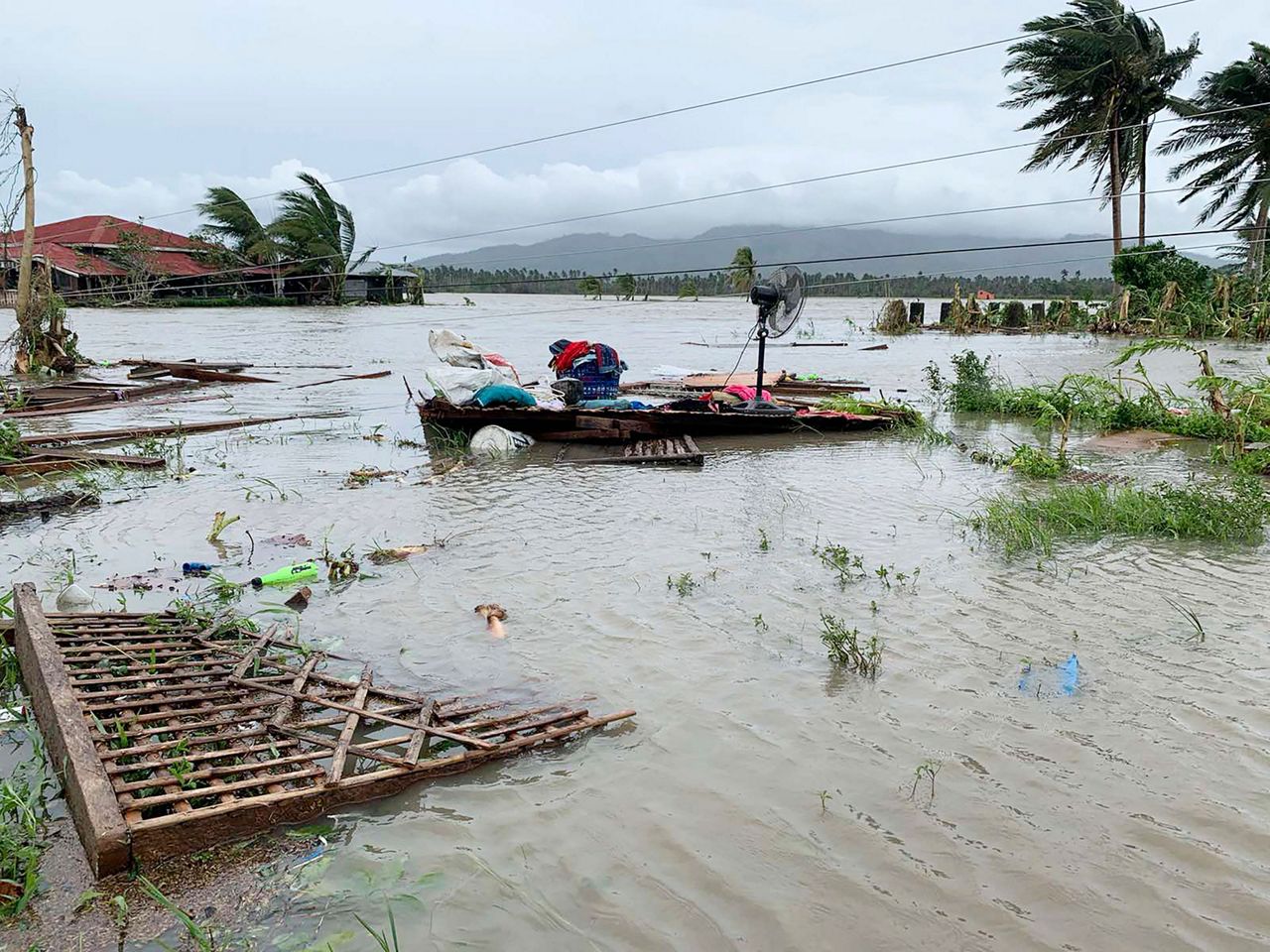Central Asia is reeling in the wake of its worst flooding in decades. Incessant rain and rapidly melting snow have caused rivers in Kazakhstan and Russia to burst their banks, inundating towns and displacing over 100,000 people.
One of the most affected regions is western Siberia, where the Ural River has reached record highs. The city of Orenburg, a major industrial center in Russia, has been particularly hard-hit. With water levels exceeding 10 meters, hundreds of homes have been submerged, and emergency services are scrambling to evacuate residents.
The situation is equally dire in neighboring Kazakhstan. Here, overflowing rivers have ravaged villages and agricultural lands. The government has declared a state of emergency in several provinces, deploying the military to assist with rescue efforts and establish temporary shelters for the displaced.
The flooding has caused widespread infrastructural damage, disrupting transportation networks and severing power lines. The true extent of the economic losses is still being assessed, but initial reports suggest it will be significant. Farmlands submerged under muddy water raise concerns about food security in the region in the coming months.
Scientists have attributed the extreme weather event to a confluence of factors. Above-average winter temperatures led to an accumulation of unusually high levels of snowpack across the region. The sudden rise in spring temperatures has triggered rapid snowmelt, overwhelming river capacities.
Compounding the problem is the lack of adequate flood defenses in many areas. Years of underinvestment in infrastructure have left riverside communities exposed to the full brunt of the surging waters. Experts warn that climate change is likely to exacerbate such extreme weather events in the future, urging for stricter environmental regulations and improved preparedness measures.
The international community has begun mobilizing to assist Kazakhstan and Russia in their recovery efforts. Aid agencies are working with local authorities to distribute essential supplies, including food, water, and medicine, to those affected by the floods.
While the immediate focus remains on rescue and relief operations, the long-term task of rebuilding shattered communities will pose a significant challenge for both nations. The economic cost of the floods is likely to run into billions, straining already stretched public finances.

